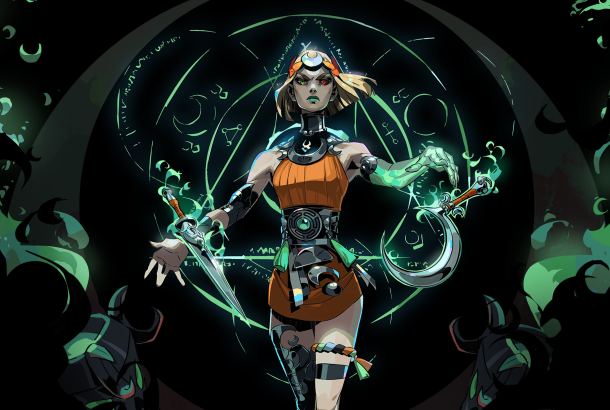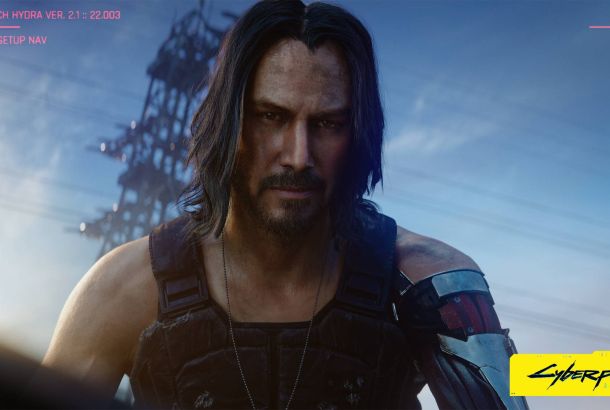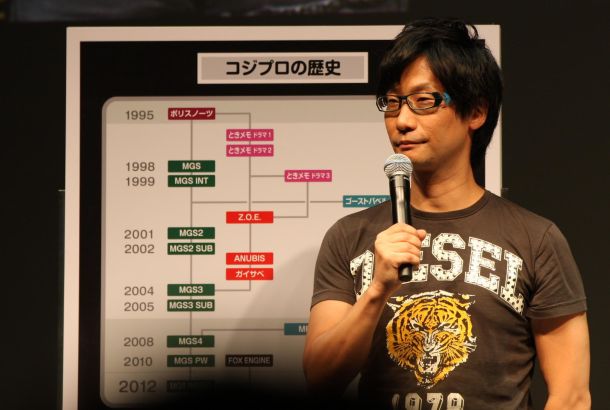Call of Duty: Modern Warfare II: The paradox of keeping games free of politics
By Anna Pirie

A new addition to the Call of Duty series arrives, and once again are we bombarded with material falsely masquerading as a nuanced but non-political exploration of war.
In 2019, Activision rebooted the Call of Duty: Modern Warfare series. The reboot was marketed as a more mature depiction of warfare than its predecessors, with a heavily advertised campaign at the forefront of this marketing. In an interview with Game Informer, narrative director Taylor Kurosaki reels off a list of deeply contentious themes: colonialism, occupation, independence, freedom.
Yet, in a separate interview with Art Director Joel Emslie, the developer definitively answered “no” when asked “is this game political?”. Emslie then doubled down, claiming that they’re “just making games” and, after the interviewer, Ben Hanson, labelled this notion “insane”, the Art Director retorted: “Seems insane to get political”.
Throughout their interview, the Narrative Director and the Campaign Gameplay Director tiptoe around the idea that their game contains politics. The comments are flooded with people seemingly overjoyed that a game containing torture and chemical warfare has supposedly nothing to say about the subjects.
We now live in a post-Gamergate world. Explicitly political games – BioShock, the Fallout series, Dishonored – receive universal praise. Praise, no less, from people who may disagree with these politics if they paused to think about them. Meanwhile, developers on The Last of Us Part II received waves of online harassment for the game’s depiction of women and minorities. We have come to understand that ‘politics’, to sections of the gaming community, is synonymous with ‘includes minorities’.
The most recent Call of Duty game, Call of Duty: Modern Warfare II, is a sequel to the aforementioned reboot. You’ve probably seen its adverts on the buses, featuring character Simon “Ghost’ Riley. If nothing else, he does certainly have a cool mask.
In the opening scene, the player is thrust into the position of directing a missile sent to assassinate a General Ghorbrani. Many have been quick to point out the similarities between this scene and the real-life assassination of General Qassem Soleimani, authorised by Donald Trump in 2020. The game does not even pause to consider the implications of assassinating a foreign official.
Level ‘Borderline’ has had its controversiality widely discussed. In one heavily covered sequence, the player aims a loaded weapon at civilians in the name of “de-escalation”. Even as Modern Warfare II does feature basic dialogue mechanics, they are noticeably absent from this scene. Apparently, dialogue is not an option when invading a stranger’s home. A similarly worrying feature of this scene is that these “de-escalation” tactics are promoted as relatively effective.

This will be nothing new to players familiar with this series. In Call of Duty (CoD), the ends will always justify the means. As long as you’re on the ‘correct’ team – typically the U.S. and British militaries. Not to mention, the U.S. military has funded and promoted CoD as a recruitment tactic for years; or the fact that, whenever similarly questionable actions are taken by the ‘wrong’ team, they’re denounced for it.
The newest release in this series insists on taking itself as seriously as possible. It works to feign complexity without ever questioning its protagonists actions. Ultimately, it can be hard to attempt an ‘anti-war’ narrative whilst also illustrating the playable characters as undeniably cool, gritty heroes.
Nevertheless, it continues to be lapped up by the gaming audience. Modern Warfare II is now the best selling Call of Duty title of all time. The title earned $800 million in the first three days of sales alone.
At the end of the day, Modern Warfare’s politics will remain largely unquestioned by its audience. As much as its developers claim to be interested in discussing difficult topics, introspection is simply not present. This may even act as a microcosm of certain sections of the gaming community. There is this simultaneous need for video games to be viewed as art, and thusly taken seriously, whilst also not being taken seriously enough to actually reflect upon serious political ideas and concepts.







